5 Inclusive Video Games in a Year of Inequity
2020 was a year of injustice. What began as a fresh start to the decade quickly transformed into a period of social reckoning in the U.S. and abroad. Just look at the number of coronavirus cases and deaths, the growing wealth gap, or the exhausting fight for racial equality. A vaccine may be on the way in the new year, but our deeper fractures won’t be so simple to mend.
In a year where so much felt out of control, games gave us relief. Surely part of it was the escapism of exploring a world of our own creation—one less ugly than the one we live in. But also, underneath that veneer of escapism, there was real power. People built villages from dirt and sand. Others came together to compete for crowns, or to find the imposters among them.
While there were some truly standout titles in 2020 (Animal Crossing!), it didn’t feel right to celebrate the “best” games of an altogether crappy year. (You can read my five favorites here, though.) Instead, I’d like to further the conversation around social equality and highlight the games that did what tragically few do: make minorities the heroes of their own stories.
As a person of color, I was thrilled to play several games that featured minorities not as token one-offs, but in numbers, and often as the central protagonists. From gods and goddesses to detectives and biologists, heroes came in all shades and sizes in 2020.
The video game industry still has a ways to go before it’s truly inclusive, but that doesn’t mean we shouldn’t recognize steps in the right direction. Here are five inclusive video games that got diversity right in 2020:
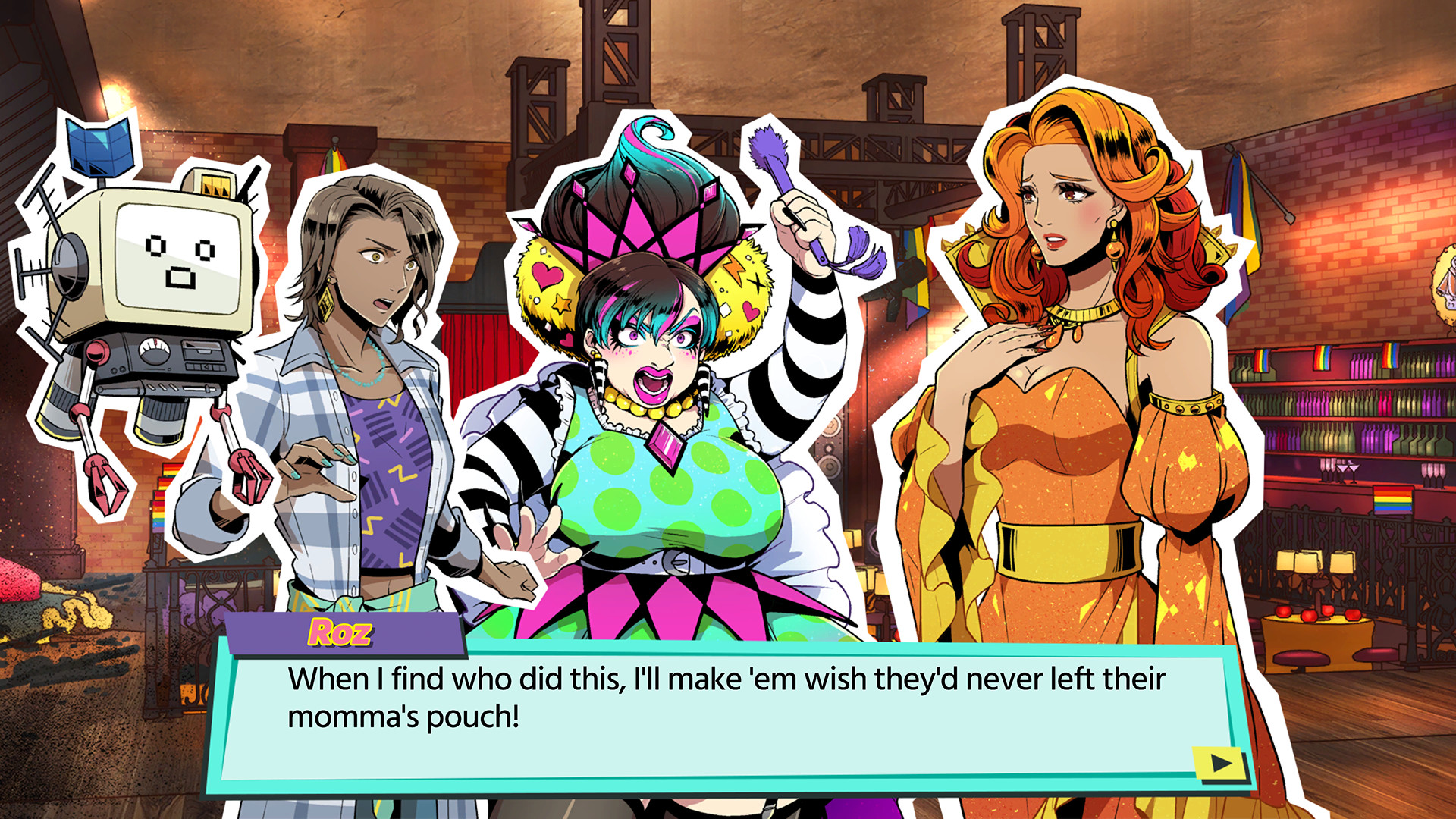
Murder by Numbers
I love Murder by Numbers. Not just because it’s a detective game, or because it features a bopping soundtrack from Ace Attorney and Ghost Trick composer Masakazu Sugimori. I love it because it puts a Black woman in the driver’s seat, while bucking almost all stereotypical trends.
Honor Mizrahi is an American actor. While she’s carved out a career in Hollywood as co-star on the TV show Murder Miss Terri, Honor finds herself down on her luck when her showrunner fires her. Then, her life takes a complete 180 when it’s revealed her boss has been murdered. Honor puts her fictitious detective skills to real-world use, committed to discovering the truth behind these events. Aiding her is an exuberant robot, named Scout, who’s lost his memory.
It’s a wacky premise, but it works. Over the course of four interlinked cases, Honor uncovers her and Scout’s role in a larger plot, all while growing as an amateur sleuth. Too often, Black protagonists—especially Black women—are portrayed as loud and aggressive. It’s a cheap stereotype that many non-PoC writers seem happy to dump on these characters, and it fails to explore any of the subtlety behind these characters’ stories.
Instead, Honor is portrayed with the nuance Black characters deserve. Yes, she’s strong-willed and determined, but she’s also vulnerable and second guesses herself. She’s inclusive of her LGBTQ+ friends, and has a rebellious side that’s relatable for so many millennials. Given Murder by Numbers was penned by game developers Ed Fear and Murray Lewis, both white men, it would have been easy to fear (no pun intended) the worst for Honor’s portrayal. Yet the duo does a stellar job of creating a character who’s likable, charming, and easy to root for.
Over 20+ hours, Honor contends with some complex feelings—for her sleazy ex-husband, her overbearing mother, and her late policeman father. Through it all, she has Scout to help her vent about her life and the world around her. Murder by Numbers doesn’t hesitate to comment on the state of inclusion, particularly with regard to women and queer folx. It’s in these meta moments, when Honor and Scout help each other through adversity, that Murder by Numbers truly shines. Their interactions are electric, supported by sharp writing and excellent humor.
Honor Mizrahi isn’t just a great Black character—she’s a great character, full stop. We need more stories like hers.
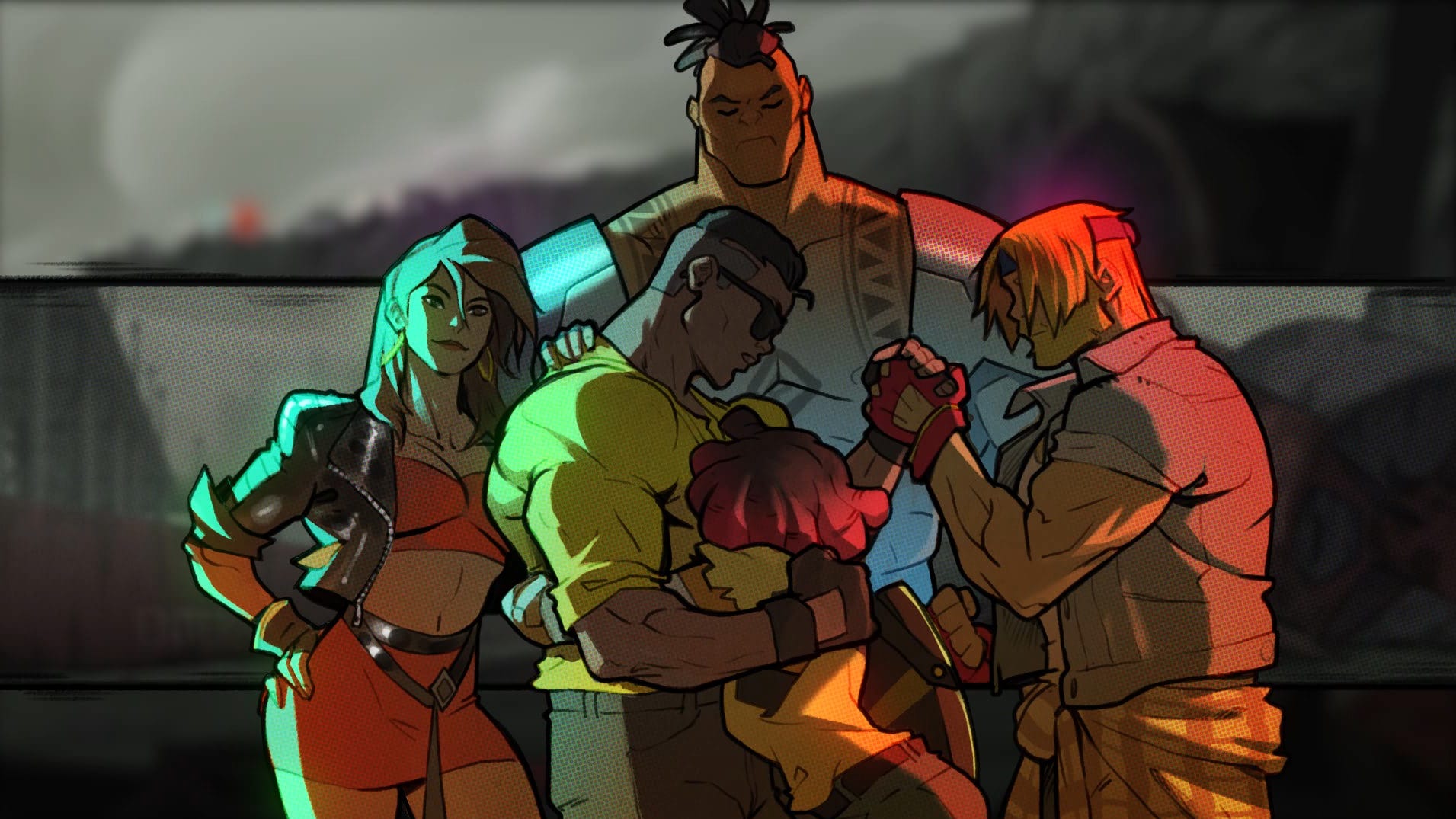
Streets of Rage 4
At first glance, Streets of Rage 4 may seem like an odd choice for an inclusion nod. For one, it’s an entry in a 30-year-old franchise (it doesn’t get more “establishment” than that). What’s more, it’s a beat ‘em up, which tends to prioritize flashy fist fights over carefully crafted characters.
And yet, Streets of Rage 4 has some baller characters! The first time I landed on the character select screen, I wasn’t surprised to see series staples Axel and Blaze. What I hadn’t anticipated was the other two roster spots to be dedicated to two Black characters—burly cyborg Floyd Iraia and nimble guitarist Cherry Hunter.
Even more surprising, though, was the game’s unlockable fifth character. About an hour into the game’s three-hour campaign (yep, it’s short), players gain access to a final character to round out the SoR 4 roster. This time, it’s another series veteran, Adam Hunter—Cherry’s father. In other words, three of five roster spots are held by people of color. Include the 12 unlockable retro characters, and that number increases to eight of 17.

Some might wonder what the big deal is; others might call it pandering. What I see is much welcome representation in a brawler franchise that could have gotten away with none at all. Compare this to Super Smash Bros. Ultimate, with an 80+ character roster that’s almost entirely homogeneous, and Streets of Rage 4 is a welcome change of pace.
I hate to be so exact about the numbers here. Anyone who’s done D&I work before knows a diversity quota won’t solve for a lack of inclusion. But in Streets of Rage 4, these characters feel natural. Much like Street Fighter serves to show the diversity of nationalities and cultures in the world, Streets of Rage 4 shows the amalgam of races and personalities that make up American cities.
Representation wouldn’t mean much if the game itself wasn’t built around its characters. But Streets of Rage 4 and its protagonists felt right at home in 2020, as people fictional and real took to the streets to protest injustice and fight for what’s right.
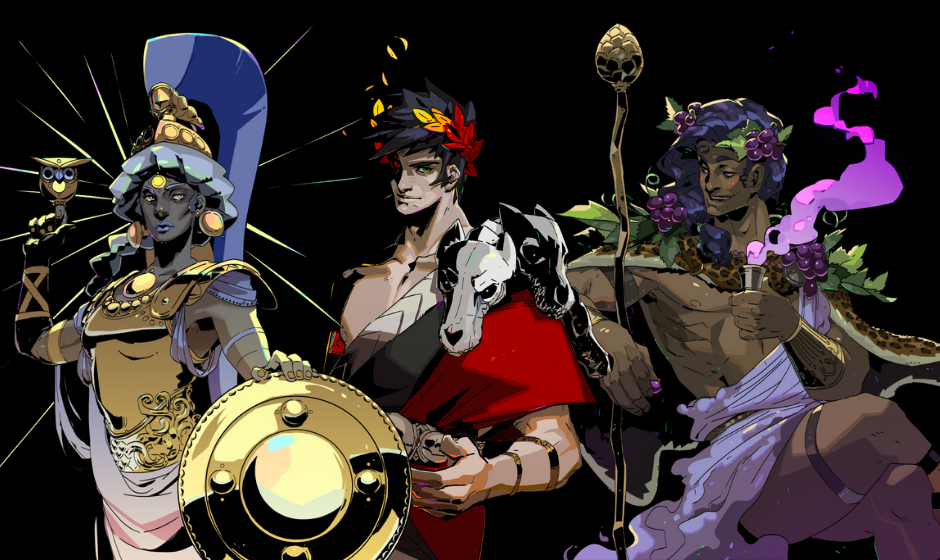
Hades
Supergiant Games’s Hades is probably the most critically acclaimed game on this list, reaching 90+ on Metacritic and earning its fair share of GOTY wins. And it deserves the praise, with sharp writing, stellar voice acting, and a gameplay loop that puts other roguelikes to shame.
Outside of Hades’ addictive gameplay, or Supergiant’s refreshing approach to work culture, is an equally important thread: the game’s diverse cast. While Zagreus is a fairly well-trodden persona—white male, fetching looks, charming quips—the gods he meets run the gamut of shades and personalities. From the playful Dionysus to the sullen Patroclus or no-nonsense Demeter, each character in Hades brings something special to the equation.
Each journey through Hell isn’t just a chance to best Hades or put Zagreus’s abilities to the test, but an opportunity to interact with these wonderful gods in new ways. Hades puts extreme importance on its denizens of the underworld, offering seemingly endless dialogue options to savor and enjoy. Listening to Eurydice’s dulcet voice in “Good Riddance” (via Ashley Barrett) never gets boring, nor does hearing Theseus ramble on about vanquishing no-good scoundrels.
Much like how the musical Hamilton told a story of America through hip-hop, Hades eschews our traditional perception of Greek gods in favor of something much more modern and inclusive. The game’s cast is fluid, welcoming a melange of colors, genders, and sexual orientations. This carries over to the game’s voice cast, with white actors voicing Black characters and vice-versa.
Hades was an admirable project based on gameplay prowess alone. But its commitment toward promoting inclusion and challenging modern conventions catapults it to something far greater.
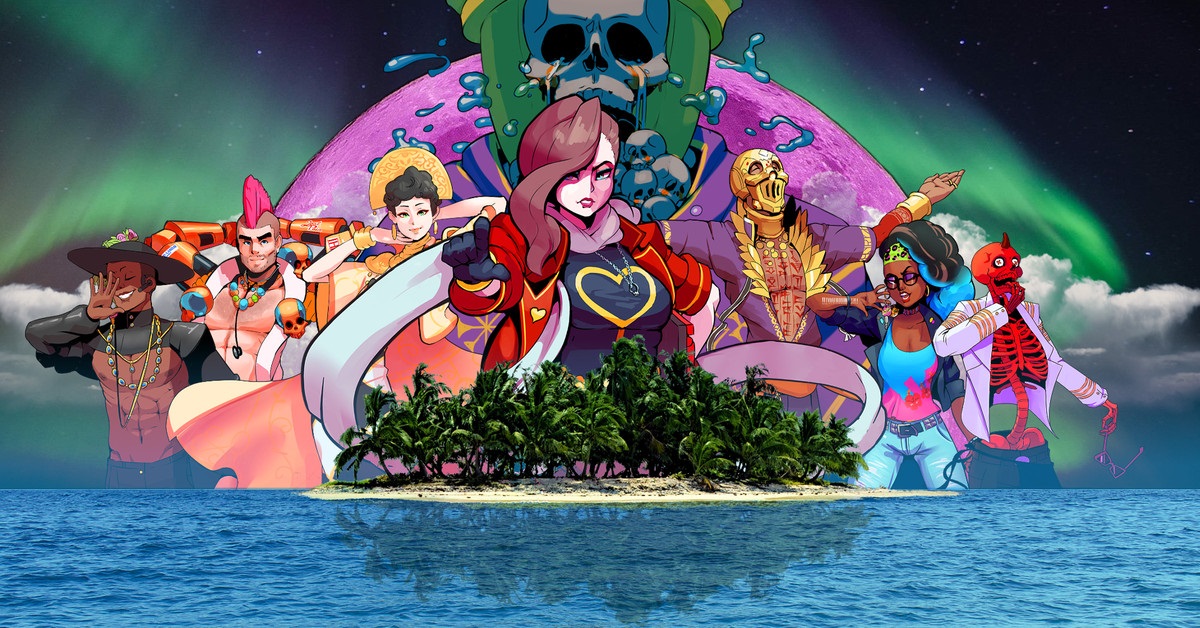
Paradise Killer
I don’t know what it was about 2020, but white men from the UK really did craft some inclusive video games. Similar to Mediatonic’s Murder by Numbers, Kaizen Game Works’ Paradise Killer stars a female detective, a mysterious murder, and a banger of a soundtrack. But this one takes the investigative action a step further, presenting a large open world for players to explore.
In Paradise Killer, you… Well, the premise for this one’s a little out there, so I’ll to let the game’s official site set the stage:
Paradise Island. A synthetic rock floating on an ocean in another reality filled with lunatics, psychopaths and a thousand secrets. Each island fails and a new one is born. On a dark night during the 24th Island Sequence, Paradise is killed.
The surreal Paradise Island is home to the Syndicate; immortal worshippers of dead alien gods. The player assumes the role of Lady Love Dies, an exiled investigator brought back to solve the mass murder of the Syndicate’s Council. Using Starlight, her investigation assistant computer, Lady Love Dies will scour Paradise Island for clues in her quest for justice. Will she find a single culprit or unravel a conspiracy centuries in the making?
Confused? You’ll probably stay perplexed while playing. Much like a massive sci-fi book—think Dune—Paradise Killer stuffs its world with lore, then asks you to absorb the story via osmosis. It’s a revelatory experience, but one that requires a fair share of patience and commitment from players.
The world of Paradise Killer is host to a variety of folx, each with their own means and motives for offing the Council. Was it Carmelina Silence, the architect of the Island Sequences who’d been barred from the Council due to the sins of her family? What about Witness to the End, a religious zealot who’d questioned the Council’s devotion to the gods? Everyone’s a suspect to Lady Love, and cross-examining their testimony with the evidence on the island is the only way to uncover the truth.
These characters, like Hades, are the real stars of the show. The team at Kaizen Game Works spared no expense bringing these personalities to life, with expressive visual designs, moody dialogue, and clever use of voice snippets. The central narrative of Paradise Killer may be a bit obtuse, but these characters are anything but, putting their glorious selves (and bods) on full display. It’s as diverse a cast as I’ve seen this generation, and one that’s close to bursting with charm and wit.
If you’re sick of bland stories and vanilla characters, Paradise Killer will add some kick real quick.
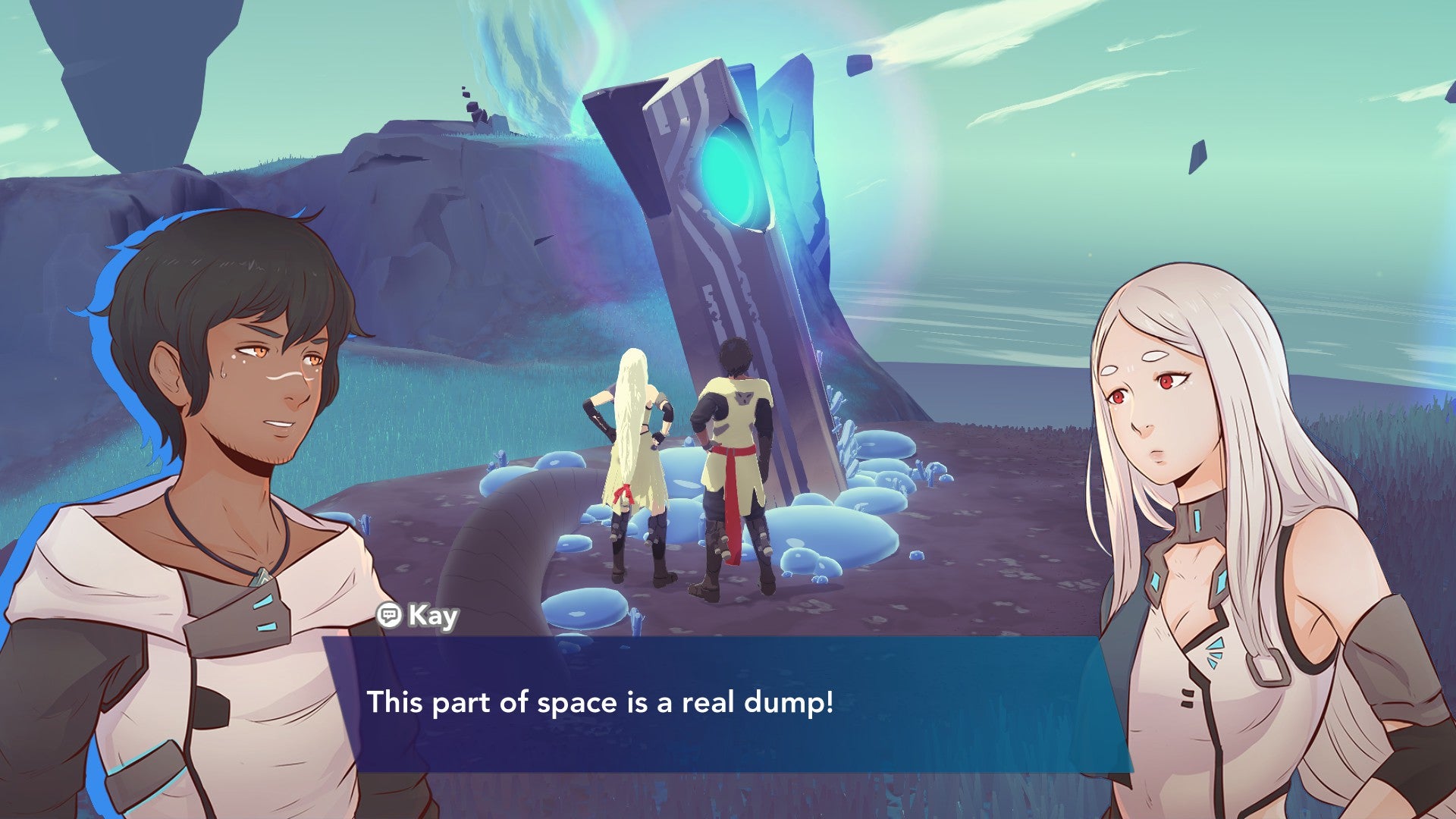
Haven
Haven’s predecessor, Furi, is perhaps my favorite indie game ever. (It’s also just a criminally underappreciated video game.) Inspired by stylish samurai anime, French studio The Game Bakers crafted an action game unlike any other, with tight controls, unrelenting boss fights, and a genuinely touching story. And it featured a Black protagonist, designed by Afro Samurai mangaka Takashi Okazaki.
So it might come as a surprise that Haven is nothing like Furi. Sure, it shares the same cel-shaded visual style, as well as thumping music from EDM artist Danger. (Seriously, every entry on this list is a musical feast.) But the game isn’t an action game, doesn’t feature boss fights, and relies on moments of serenity over moments of adrenaline.
And yet, that’s the point. The Game Bakers wanted to branch out with its next project, and they did just that with Haven. As a pair of lovers, Yu and Kay, you must learn to live on the foreign planet Source with next to nothing outside of a ship and your expertise. Yu is a biologist, meaning he has insights into the fauna and flora of Source. Kay is an engineer, allowing her to make contraptions to give the couple a better shot at survival.
Individually, Yu and Kay are loners who have rebelled against society. They wouldn’t have a snowball’s chance in hell of surviving the dangers of Source. But together, they’re able to motivate each other, through love and compassion, to push forward. Like I said, it’s nothing like Furi, but Haven more than earns its keep with strong scenario writing and phenomenally realized characters.
It’s that symbiosis—the idea that Yu and Kay are in it together—that makes Haven such an inclusive video game. You control not the man or the woman, but the pair: You roleplay as both, you control both in combat, and you ultimately care about the fate of both characters. Cleverly, The Game Bakers allows players to play co-op with a friend or significant other, bringing new meaning to the couple’s exploits.
Layer on the fact that the story centers around an interracial couple and deals with themes like otherness and belonging, and Haven’s an easy recommendation for me to make.
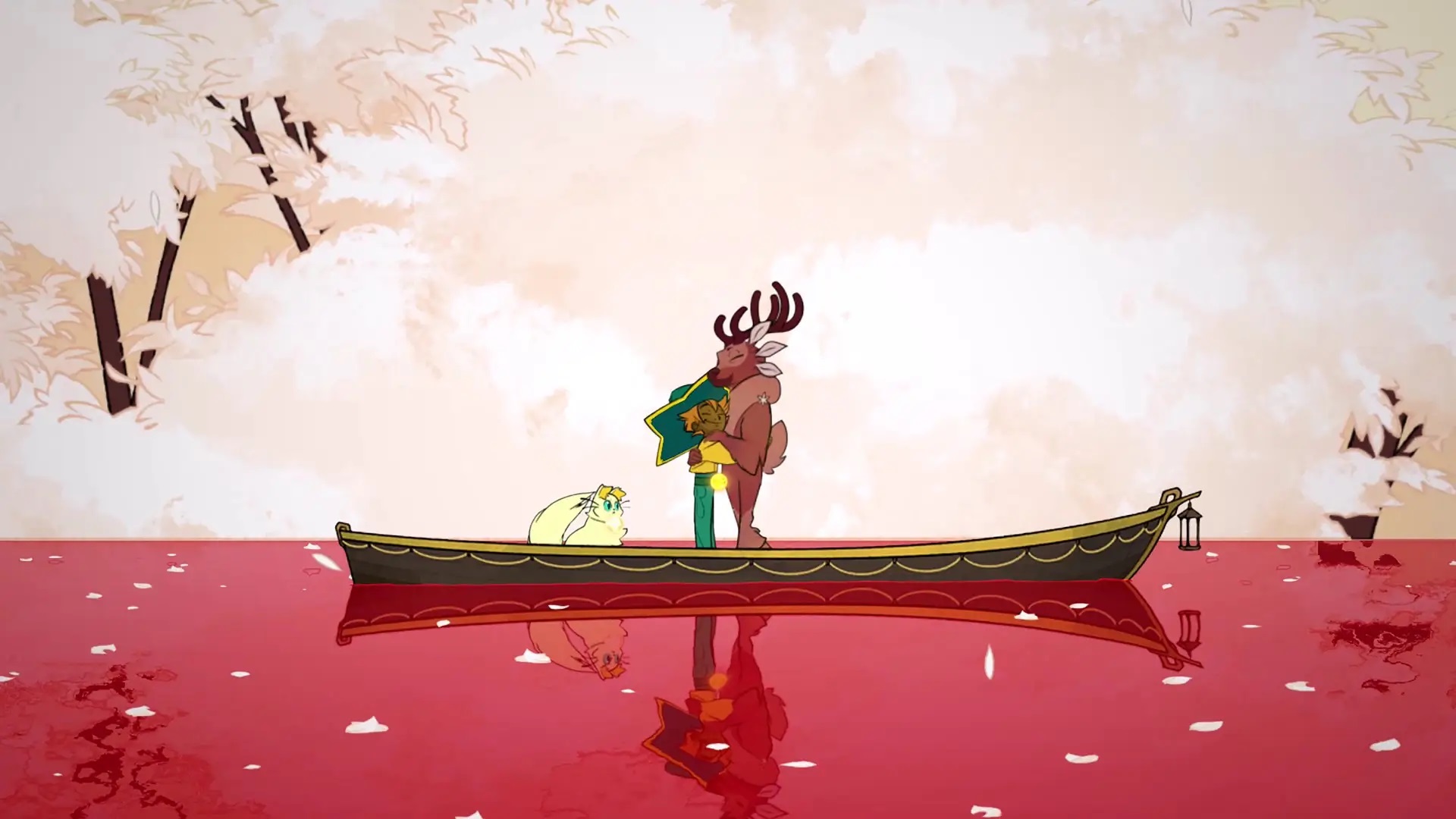
The Future of Inclusive Video Games
As I look to 2021 and the social discourse to come, I can’t help but be proud of the games that came before. There are several other titles I could have tagged in for this piece, from Spiritfarer and Ikenfell to Spider-Man: Miles Morales.
Granted, not all games nailed their inclusion efforts—especially more mainstream games. The Last of Us Part II, despite featuring two female character leads, notably stumbled with a key trans character. Final Fantasy VII Remake brought back an iconic Black video game character in Barret Wallace, but succumbed to typical stereotypes.
There’s no magic bullet when it comes to a lack of diversity and inclusion in video games. Games that feature minority voices aren’t always inclusive, just as games that miss the mark aren’t necessarily disingenuous. Much like the characters described in this article, inclusivity is nuanced, more an art than a science. Even the games listed here are hardly immune to criticism.
So while the hard work remains for developers working on their dream games, let these examples be a starting point. The more comfortable we are talking about inclusion and holding games to our standards, the sooner this industry begins to reflect the creators and players it aims to serve.
David is the founder of The Punished Backlog. He has a problem finishing games he starts.
Just beat: Donkey Kong Bananza.
Working on: Hollow Knight: Silksong.
Can't wait for: Metroid Prime 4: Beyond.
Follow David on Twitter at @David_Silbert to keep up to date with all things The Punished Backlog.


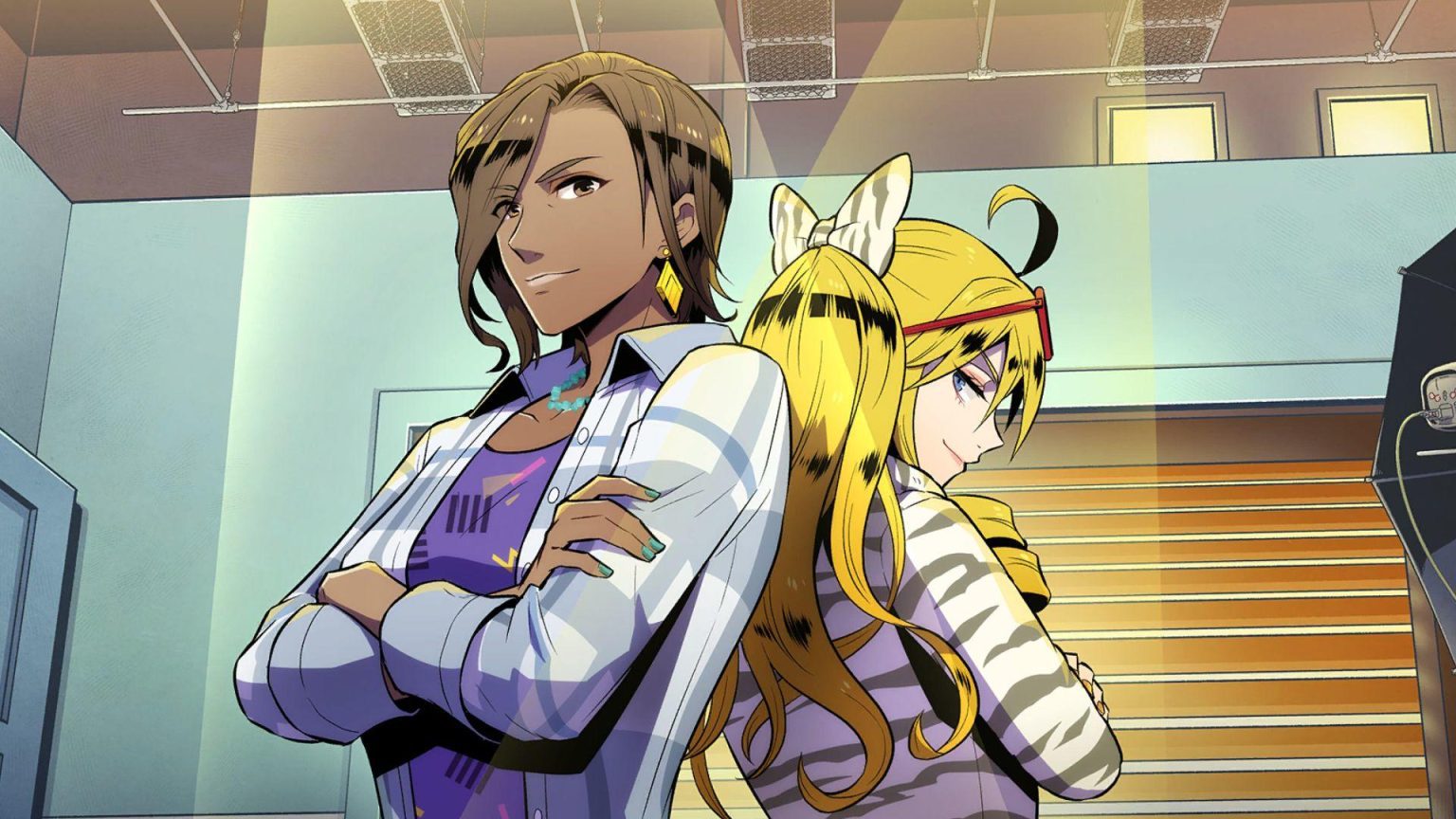






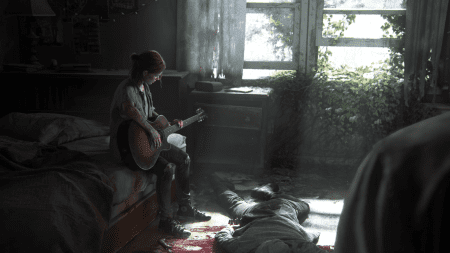

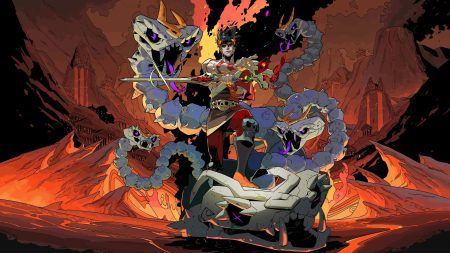
2 Comments
1. Great list and I’m def gonna get Murder by Numbers and Haven ASAP!
2. Really appreciate your insights and overall analysis, conclusion esp is v. on point. Would be curious to hear your thoughts re: DEI + Miles Morales!
1. Thanks, Amanda! Hope you dig ’em!
2. Definitely want to write more about Miles Morales — waiting on that coveted PS5 so I can really dig into it!